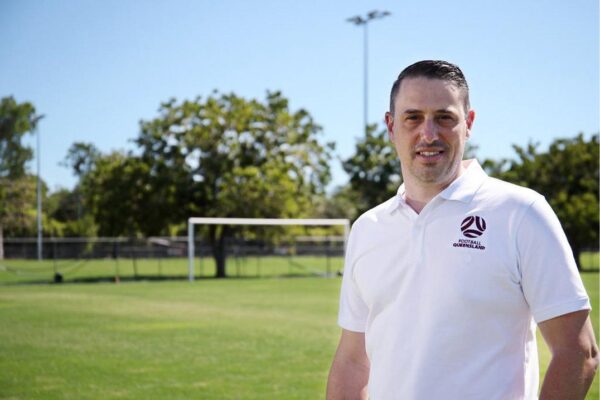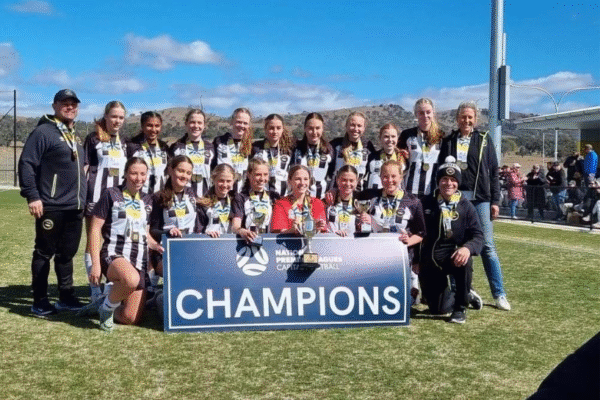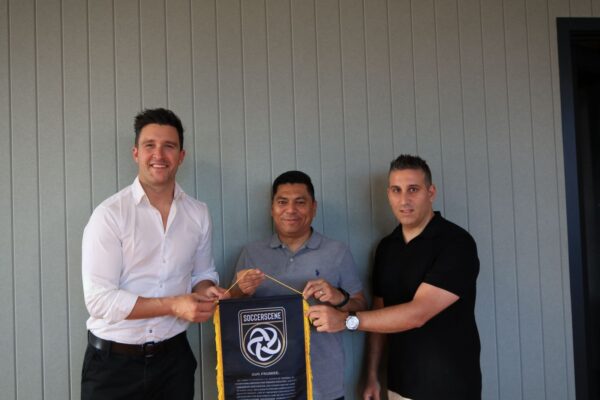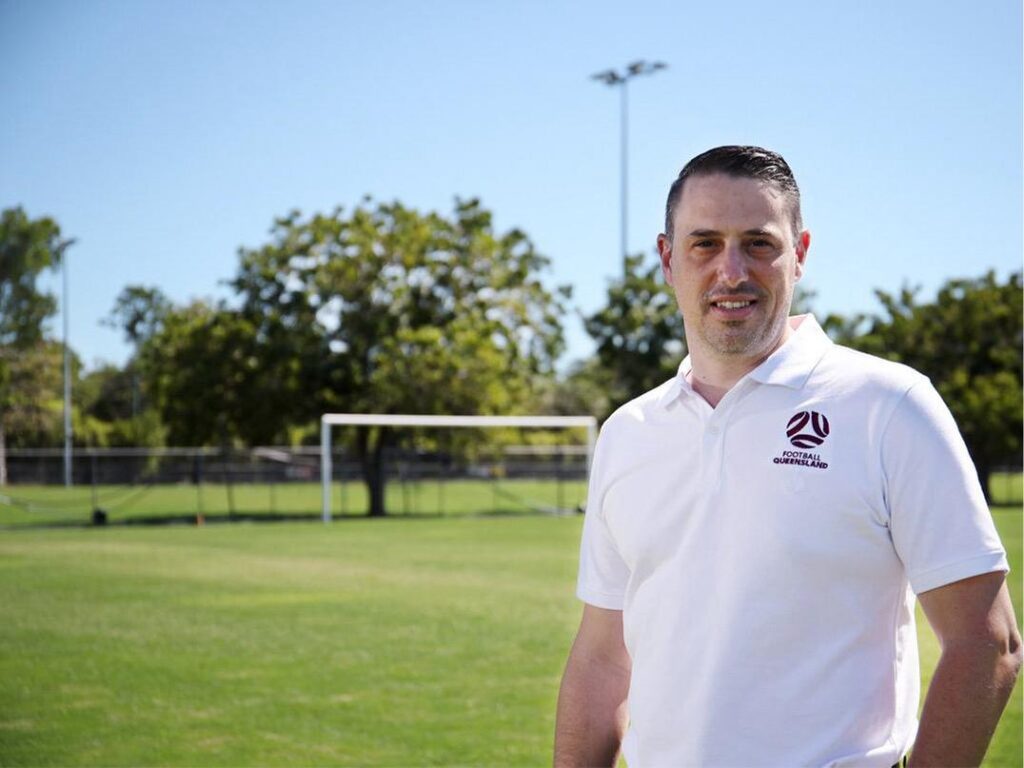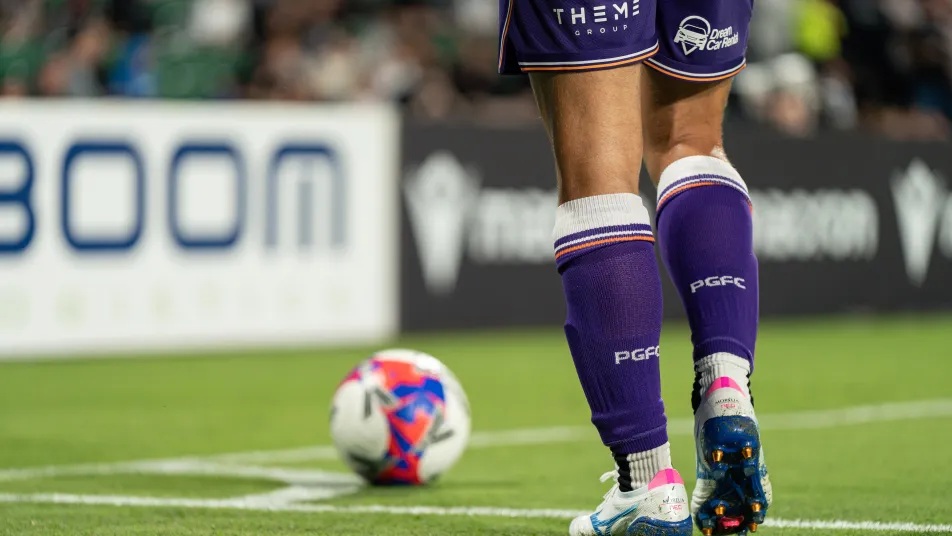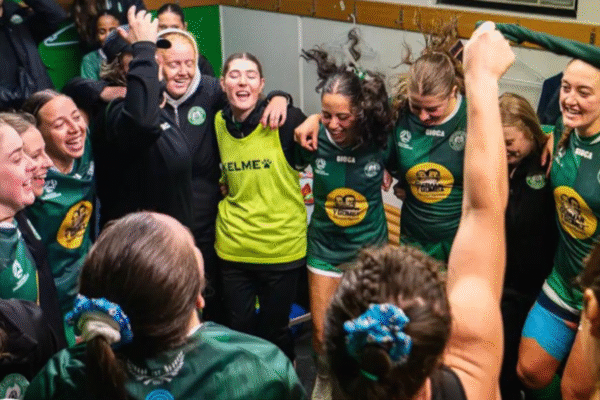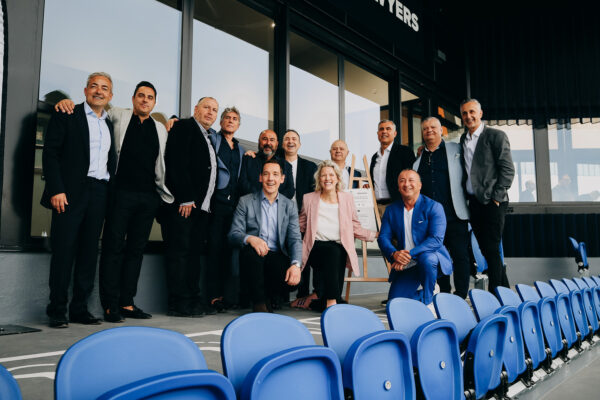
Football Queensland has released its new 2024-2026 infrastructure strategy outlining centrally that collaboration with the government will be necessary for infrastructure investment over the next three years.
FQ and Football Australia did quantitative research on community club infrastructure and found the need for millions of dollars worth of infrastructure to support this growth and maintain numbers.
The first point of call is “Unlocking the Legacy of the FWWC23.”
FQ CEO Robert Cavallucci expressed his delight on releasing the Infrastructure Strategy.
“We are delighted to release the 2024-2026 Infrastructure Strategy which builds on our previous 2020 – 2024 Infrastructure Strategy and details our roadmap to securing the vital investment required in our greenspace to build capacity as we work towards achieving our goal of 50/50 gender parity by 2027,” he said via press release.
“Football, as Queensland’s leading team participation sport, continues to grow annually at a double-digit rate, with a staggering 44% surge in female participation (and 29% overall growth) in outdoor players alone in the first quarter of 2024 following the FIFA Women’s World Cup 2023.”
FQ has recorded 300,000 participants with an impressive 65% growth in the last 4 years.
In conjunction with this data, there was a +470% increase in talent pathway athletes and a +330% increase in female participation since 2016.
Also on the national teams, the FQ has a massive role with 50% of the 23FWWC Matildas and Olympic football teams coming through FQ pathways.
Despite these remarkable statistics, looking at it from an infrastructure perspective Robert Cavallucci continues on by saying that football has reached a crisis situation.
“From an infrastructure perspective, based on its continued growth, the game has reached a critical crossroads due to historical underinvestment.”
This struggling infrastructure leads to Challenges such as:
- Physical and Mental Health Challenges including youth crime.
- Economic Challenges
- Reduced Physical Activity
- Environmental Impact
- Lack of Opportunities
The study behind this strategy is based on the National Football Facilities Audit Tool.
Provided by the partnership of FQ with Football Australia and another 8 member federations.
It has over 13.5 million data points, providing crucial business intelligence and pinpointing infrastructure gaps for clubs to work on FQ with Football Australia and another 8 member federations introduced the sport’s inaugural.
This data will help FQ in increasing its workforce capabilities with a precise mobilisation of its participation base.
This will be upheld by key campaigns on targeted events and participation, including advocacy within the community to engage with the government and support further education of participants to upgrade the development and quality of personnel.
The Strategy has been broken up into 3 priorities:
Priority 1: State Home of Community Football Pathways
FQ aims to establish a consolidated State Home of Community Football at Meakin Park.
It will significantly contribute to local economic growth and enhance physical and mental well-being through improved facility access, events at various levels (local, state, and national), and community activations.
The benefits:
- Local economic activity.
- Supports local sports clubs.
- Multi-purpose indoor facility access.
- Community Access.
- International level training facility.
- Economic activity through events.
As of December 2023, the estimated cost of this project is $70 million.
Priority 2: Community Football Infrastructure Fund
FQ with the Queensland state government will have a funding model in partnership that would see $20 million per annum invested over an initial three-year period in capacity and capability improvement projects.
Will also advocate for state funding grants for community football, planning for 20 facility improvements annually.
There is a need for large-scale facilities for the lower leagues and training of youth as well as high-performance training facilities in the state.
The benefits:
- Improved club capacity and capability.
- Targeted investment (need as opposed to want).
- Promotes football & Government, co-contribution model.
Priority 3: Tier 2 Stadium Fit-For-Purpose Stadia
The proposed new 15,000-20,000 seat stadium would be an international state-of-the-art venue tailored for football and a range of events from conferences to concerts.
This would support the commercial viability of the sport, especially the female game and the hosting of the 2032 Brisbane Olympics.
The Benefits:
- Fit-for-purpose football stadia.
- Supports professional sports’ economic viability.
- Promotes Brisbane as a global sports capital.
The estimated cost from December 2023 is 200 million.
The strategy is based on hard evidence, community data and a thorough plan to develop the lacking areas of the game. It does highlight the need for the support of the government, otherwise, the strategy has the potential to struggle.
Overall, however, the outlined process looks promising and with the future AFC2026 and Olympics 2032 competitions, it is an area the government needs to support, and this strategy proves Football Queensland have the dedication and preparation to see it through.
To read through the full 2024-26 Infrastructure Strategy, click here.



